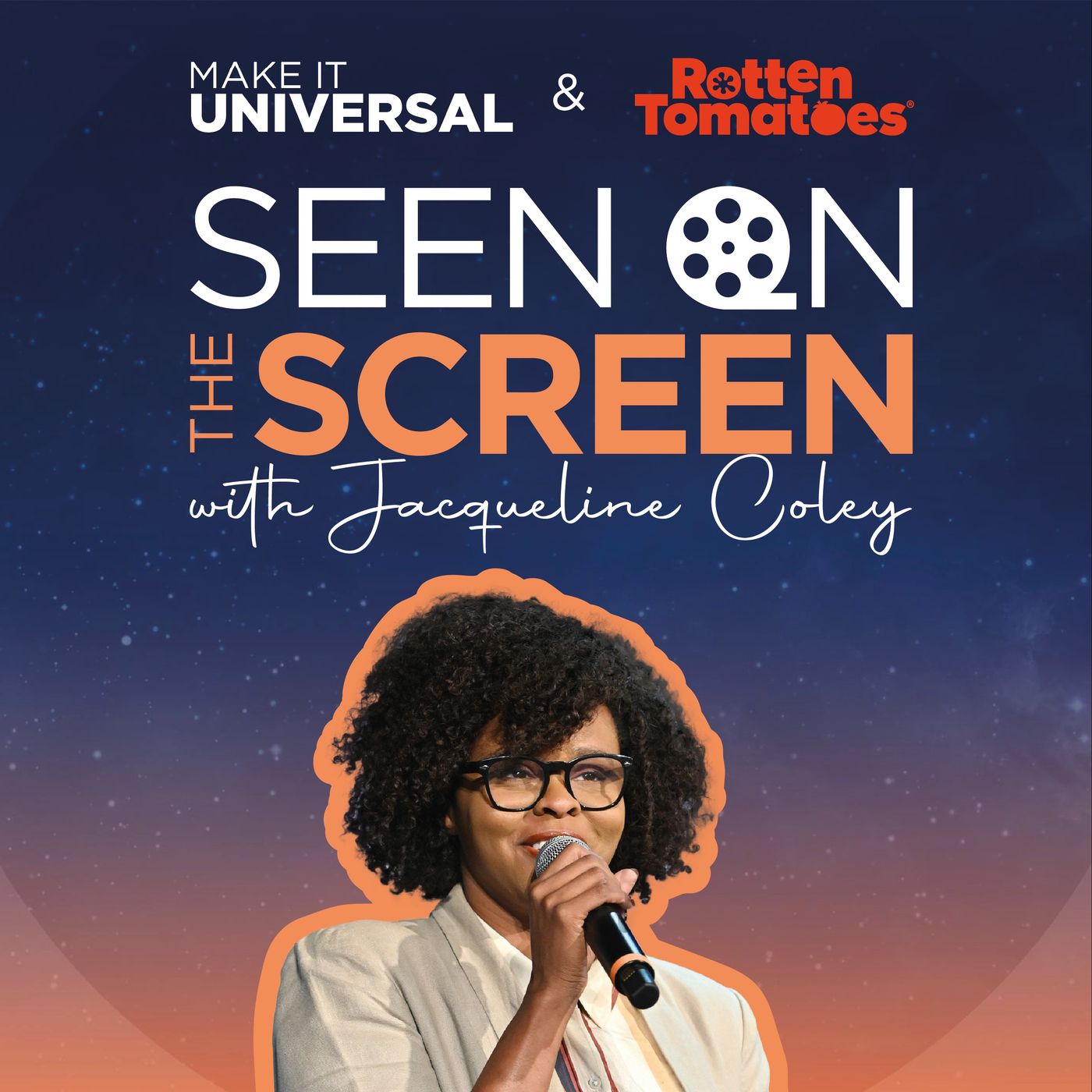Seen on Screen with Jacqueline Coley : Five Nights at Freddy’s 2 with Director Emma Tammi
SHOW NOTES
Transforming a beloved game into a cinematic world isn’t simple, but Emma Tammi approaches it with equal parts respect, curiosity, and boldness. After turning Five Nights at Freddy’s into a global phenomenon, she returns with FNAF 2—a sequel that’s bigger, scarier, and packed with animatronics fans have been waiting years to see.
In this episode, Jacqueline Coley sits down with Emma to revisit how she first entered the Freddy’s universe—answering Jason Blum’s pandemic-era phone call, diving into a fast-track education in lore, and uncovering the emotional spine beneath all the jump scares. Emma shares how collaborations with creator Scott Cawthon, Jason Blum, and the cast shaped the films, and why the franchise’s themes of grief, memory, and paranoia demanded a deeper, more character-driven approach in the sequel.
She also breaks down the massive scale-up for FNAF 2: new set pieces, expanded world-building, and an entire army of animatronics engineered with the Jim Henson Creature Shop. From practical effects to Easter eggs designed for frame-by-frame internet sleuthing, Emma explains what it takes to make Freddy’s feel alive—sometimes terrifyingly so.
In this episode, Jacqueline Coley sits down with Emma to revisit how she first entered the Freddy’s universe—answering Jason Blum’s pandemic-era phone call, diving into a fast-track education in lore, and uncovering the emotional spine beneath all the jump scares. Emma shares how collaborations with creator Scott Cawthon, Jason Blum, and the cast shaped the films, and why the franchise’s themes of grief, memory, and paranoia demanded a deeper, more character-driven approach in the sequel.
She also breaks down the massive scale-up for FNAF 2: new set pieces, expanded world-building, and an entire army of animatronics engineered with the Jim Henson Creature Shop. From practical effects to Easter eggs designed for frame-by-frame internet sleuthing, Emma explains what it takes to make Freddy’s feel alive—sometimes terrifyingly so.

Seen on Screen with Jacqueline Coley
"Seen on Screen" is your ticket to the personal narratives behind the scenes at Universal. Hosted by Jacqueline Coley, Awards Editor at Rotten Tomatoes, each episode invites you into lively conversations with NBCUniversal employees. Together, we explore how the magic of filmed entertainment impacts their lives.
With a blend of games and questions, Jacqueline guides us through a journey of cinematic discovery, asking guests to reflect on the films that have rocked their world, changed them forever, or even scared the daylights out of them.
At Universal, we believe that behind every film, campaign, and award lies a human story waiting to be told. "Make It Universal" isn’t just a mantra – it’s a commitment to celebrating the diversity, individuality, and collective experiences that make us truly universal. From the directors to the executives, from the famous faces to the unsung heroes, every voice matters.
So, join us as we Make It Universal on "Seen on Screen," where every story is meaningful, every experience is relatable, and every moment is filled with magic. Because when art and entertainment connect with people on a human level, that's when the real magic happens.
With a blend of games and questions, Jacqueline guides us through a journey of cinematic discovery, asking guests to reflect on the films that have rocked their world, changed them forever, or even scared the daylights out of them.
At Universal, we believe that behind every film, campaign, and award lies a human story waiting to be told. "Make It Universal" isn’t just a mantra – it’s a commitment to celebrating the diversity, individuality, and collective experiences that make us truly universal. From the directors to the executives, from the famous faces to the unsung heroes, every voice matters.
So, join us as we Make It Universal on "Seen on Screen," where every story is meaningful, every experience is relatable, and every moment is filled with magic. Because when art and entertainment connect with people on a human level, that's when the real magic happens.








